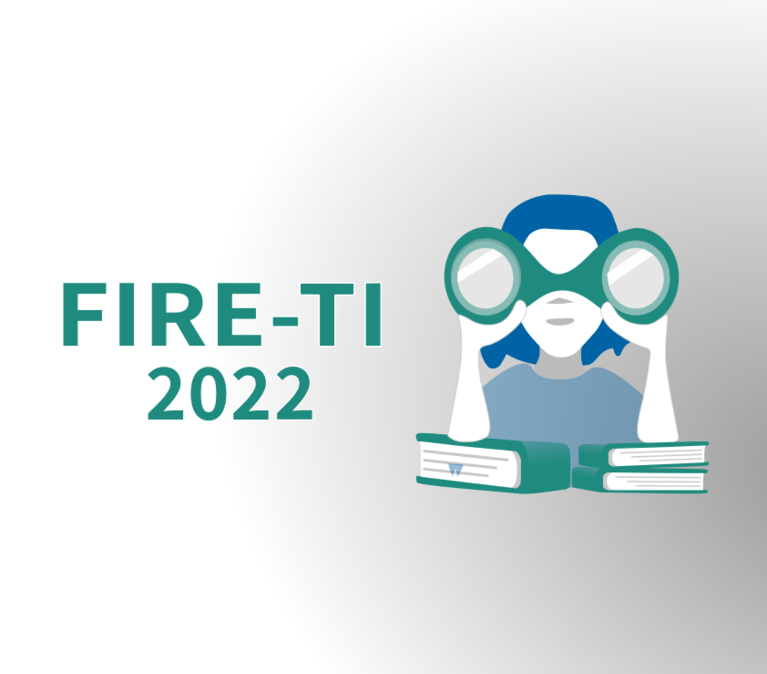Conference Schedule
The conference will be held online from 17 February 2022 (early afternoon CET) to 19 February 2022 (early afternoon CET).
To download the conference programme, please click HERE (final version including all Zoom links, 18/02/2022).
Book of Abstracts
The book of abstracts can be downladed HERE (v4, 25/01/2022)
It will be updated to a final version after the conference.
Keynotes
Keynote Kaisa Koskinen (Tampere University)
Depends on Context: On the Whys and Hows of Fieldwork in Translation Studies
In my talk I will recount the history of fieldwork methods in translation studies, discussing the varied driving forces and competing paradigms behind their rise from the early 2000s onwards and identifying some current trends. I will then move on to discuss some future directions where I see new potential. These include translatorial linguistic ethnography, creative fieldwork methods and citizen science approaches.
Keynote Jamina Napier (Heriot-Watt University)
Interpreting Studies as Linguistic Ethnography: New Theories, New Methods
The term linguistic ethnography is an umbrella term for “a growing body of research by scholars who combine linguistic and ethnographic approaches in order to understand how social and communicative processes operate in a range of settings and contexts” (Shaw, Copland & Snell, 2015). The core goal of linguistic ethnography is to examine language use in context, so by that very definition, various qualitative research conducted within Interpreting Studies could be considered as falling under this umbrella. First, I will give an overview of linguistic ethnography and how it can be used to examine interpreter-mediated interactions, and will highlight existing interpreting research that could be considered within this framework. I will give examples from my own current research examining experiences of professional and non-professional interpreter-mediated communication within a linguistic ethnographic framework; and I will also propose the affordances of examining interpreter-mediated communication through the theoretical lens of translanguaging, which is widely used by linguistic ethnographers to examine direct communication. Finally, I will explore how re-framing our approach to interpreting studies through linguistic ethnography may also lead to a re-framing of what we mean by mediated communication.
